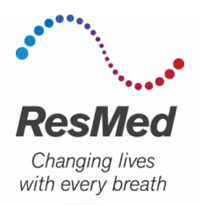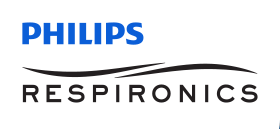Treating snoring and sleep apnoea
Snoring and sleep apnoea are related conditions.
Snoring results from a person’s airway becoming very narrow, thus restricting air flow and causing turbulence. Sleep apnoea is an extreme case in which the airway collapses, and the air flow is stopped entirely.
Treatment options for snoring
For the majority of snorers, the air flow restriction is caused by the tongue relaxing during sleep and slipping towards the back of the mouth, thus restricting the air flow behind the tongue.
This type of snoring (called ‘tongue-base’ snoring) can be treated by preventing the tongue from falling to the back of the mouth. The simplest and most effective approach is to hold the jaw forward during sleep (since the tongue is attached to the jaw). This is done using a mandibular advancement splint, which is a mouthguard which holds onto the upper and lower teeth to hold the jaw in a slightly forward position.
For some snorers the air flow restriction is caused by very narrow nasal passages:
- Nasal congestion is often caused by allergies or food intolerances. Congestion can significantly restrict air flow and cause snoring. In this case the underlying cause (such as allergies or intolerances) should be treated first.
- Nasal obstruction can be caused by a broken nose which has not been set straight – this may need to be surgically corrected.
- Nasal polyps are growths inside the nose which can also cause significant air flow restriction and require surgical intervention.
Treatment options for sleep apnoea
The most successful treatment for sleep apnoea is CPAP therapy. CPAP (Constant Positive Airway Pressure therapy) involves breathing pressurised air supplied through a face mask. It usually takes a few weeks to become accustomed to the sense of pressurised air and the feeling of a face mask.
There are now many companies manufacturing CPAP equipment. At Deeper Sleep we have several of the best brands available for you to trial.



